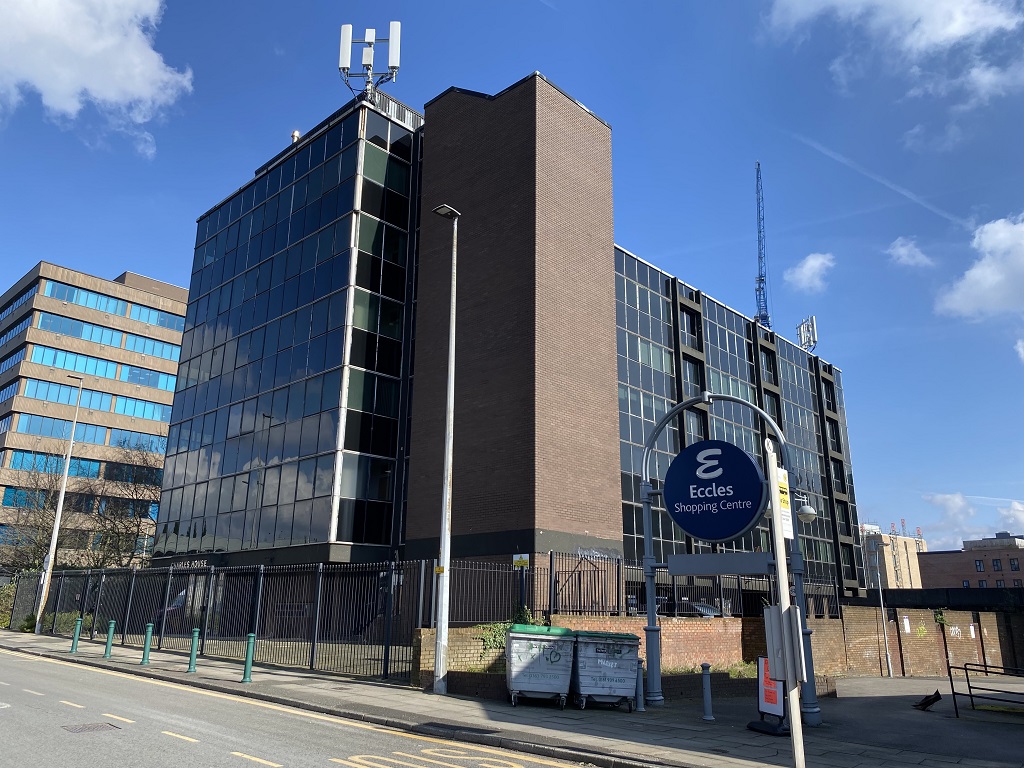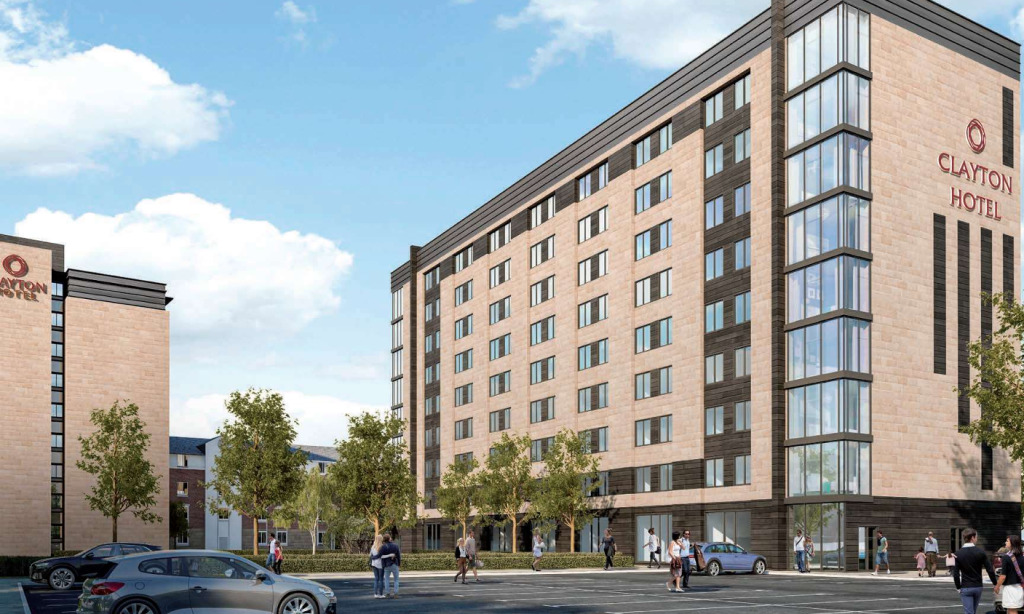NW 2015: All change
 During 2015, significant commitments to devolution and developing regional infrastructure will play out against the background of national and local elections, making for an uncertain picture, says Josh Owens.
During 2015, significant commitments to devolution and developing regional infrastructure will play out against the background of national and local elections, making for an uncertain picture, says Josh Owens.
The coming General Election is more difficult to predict than most. With Labour and the Conservatives mired in the low 30s in most polls for some months, a second consecutive hung Parliament is a real prospect. The impact of minor parties will be crucial. UKIP will like their chances of securing a handful of seats, the Green Party hope to build on earlier successes, and the resurgent SNP could yet inflict damaging losses on Labour north of the border.
Should we wake on 8 May to another hung Parliament, the precise electoral mathematics and the strength of the party leaders' positions, each of which would likely be called into question, will determine the credibility of potential coalitions or confidence-and-supply arrangements.
For property professionals, the lower-profile local elections will be of equal significance. In Merseyside and Greater Manchester, one-third of all council seats will be contested. In some areas, including Blackpool and the two Cheshire councils, every seat is on the ballot. Control is at stake in a few authorities. Labour will hope to gain control in High Peak and Lancaster, the Conservatives will worry about losing control of Fylde and Trafford, and delicate balances of power in Pendle and Stockport could well shift. Planners and developers need to keep a close eye on councils' AGMs in late May, when planning committee assignments will be confirmed.
Manchester has seized on the Government's offer of devolved powers with relish; the question is whether the momentum is maintained, and whether other areas follow Manchester's lead. The year should see the Greater Manchester Combined Authority receive extra spending powers and funding, progressing towards the appointment of a Mayor. It will be interesting to watch other developments – can Merseyside, where three councils currently oppose an elected mayor, conjure the necessary unity? Can Lancashire, where 15 authorities recently agreed to investigate a combined authority, come up with a workable proposal? If devolution features prominently on the campaign trail, the prospects are good.
Infrastructure development remains high on the agenda, with the National Infrastructure Plan 2014 picking up on the Government's calls to create a Northern Powerhouse for our economy, a theme developed in the Autumn Statement. There is a cross-party commitment to improving Northern infrastructure, and the support of city leaders for the One North initiative is welcome evidence of the necessary drive to get things done. The business community stands behind the idea, with studies suggesting enhanced infrastructure could add over £40bn to GVA across the North by 2030. This is not a done deal, though. Close relationships between Government and business and cross-party commitments need to persist beyond the ballot box if the full potential of the region is to be realised.
The coming year will be seminal. The attitude and policies of the next Government on issues ranging from housing to energy will have far-reaching effects on the region. If the political will endures once the campaign season has closed, then it should be a year that leaves the North West with greater control of its destiny and firmer foundations for economic growth.
Josh Owens is account manager at public consultation and political communications agency Remarkable Engagement.




